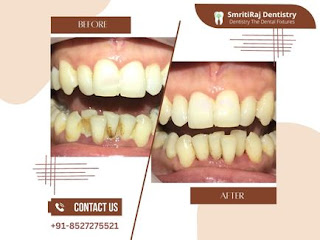What are the advantages and disadvantages of chewing gum?
Chewing gum can have several advantages and disadvantages, depending on how and when it is consumed. Some of the potential advantages and disadvantages of chewing gum are: Advantages: Freshens breath: Chewing gum can help to freshen breath and reduce unpleasant odors in the mouth. Helps with oral hygiene: Chewing gum can stimulate saliva production, which helps to neutralize acid and reduce plaque buildup on teeth. Improves focus: Chewing gum has been found to increase alertness and improve cognitive function in some individuals. Reduces stress and anxiety: Chewing gum can help to relieve stress and anxiety by providing a simple, repetitive activity that can be calming. Disadvantages: Jaw discomfort: Excessive chewing of gum can lead to jaw discomfort, especially if the gum is chewed for long periods of time. Tooth decay: Some types of chewing gum contain sugar, which can increase the risk of tooth decay if consumed frequently. Digestive i...

